After any exercise, especially a long run, your stomach is probably aching for a big, healthy meal. It's essential to properly refuel after a run if you want to get faster and stronger and perform at your best. Right after your run, you'll have lost tons of electrolytes through sweat, caused microscopic tears in your muscles, and used up most of the healthy nutrient storage in your body. After a run, you'll want to focus on food that will restore lost levels of nutrients and promote muscle healing. Here are some helpful refueling tips that will restore your body after your run and prepare you for the next one:
Key Nutrients
You'll want to focus on nutrients that recover your body. Carbohydrates are an important fuel source for runners; eating them after a run helps replenish glycogen stores. Glycogen is a form of stored energy in the muscles and liver that is used during exercise. Without it, you're subject to muscle fatigue. Carbohydrates will drastically improve your post-run recovery. Carbohydrate-rich foods like bread, pasta, rice, and fruits are good choices to eat after a run. When you exercise, your body breaks down muscle proteins. Eating protein after a run helps your body to rebuild these proteins, leading to increased muscle mass and improved performance. Without protein, the muscles would not be able to repair themselves and would eventually break down. Chicken, fish, and nuts, especially peanut butter spreads, are great, protein-rich foods to eat that will help repair your muscles.
Bars, Shakes, and Smoothies
After a run, a balanced recovery bar is a fantastic way to quickly and conveniently get the nutrients you need to keep going until your next major meal. Protein smoothies are a great drink option after a run because they provide an easy-to-consume, easy-to-transport amount of protein. For a surge of lactose and glucose for carbs, combine your favorite protein powder with dairy milk. Many enjoy adding bananas for a filling option that is also very healthy. On the note of fruit, smoothies are a great way to intake additional vitamins and carbs. Blending a banana with vitamin-rich fruits like oranges, strawberries, and apples creates a great intake of vitamins.
Food to Eat
Yogurt is a great channel for protein, especially Greek yogurt. On average, Greek yogurt provides a higher yield of protein than regular yogurt. Including a few pieces of fruit and granola will create a tasty parfait that is as nutritional and beneficial as it is delicious. Another optimal choice for protein is oatmeal. Including it in your breakfast after a morning run is a fantastic calorie-filler and can improve your immune system while reducing the risk of heart disease. Lean meat and fish are efficient providers of healthy fats, acids, and protein. Adding yogurt or protein powder is a rich and exciting way to include some extra protein. Eggs provide vitamin D, improving your bones and immune system. Nuts, nut spreads, and grass-fed beef are fantastic sources of iron, which your body will need to replenish oxygen for your blood. They're also healthy and balanced sources of fat.
When choosing rice, opt for brown rice. It's filled with vitamin B, magnesium, and fiber. In addition, carbohydrates like sweet potatoes and bananas are rich in potassium which will ward off cramping while restoring electrolytes. Some runners swear by low-sugar chocolate milk; it's a great source of post-run energy, carbs, lactose, and glucose.
Hydrate
Drinking water after a run is important for several reasons. First, it helps replenish the fluids you have lost through sweating. Second, it helps to remove any toxins that may have built up in your body during the run. Finally, it helps to regulate your body temperature, which is important for preventing injuries.
Food to Avoid
Processed sugars are high in fructose, which can delay recovery by causing inflammation and increasing liver fat. Some foods that runners should avoid are high-fiber foods, sugary foods, and high-fat foods. These types of foods can cause gastrointestinal issues, such as cramping and diarrhea.
If you run competitively or stay in shape, stick to healthy meals after your run. You should always fuel yourself afterward to speed up the healing process and regeneration of necessary nutrients to keep your body performing its best. After running, eating nutrient-rich, low-calorie foods can help with weight loss, and protein can help with mass and muscle building. Prioritize high-carb, high-protein meals for muscle healing and refueling after a lengthy run and smaller portions if your run was shorter.
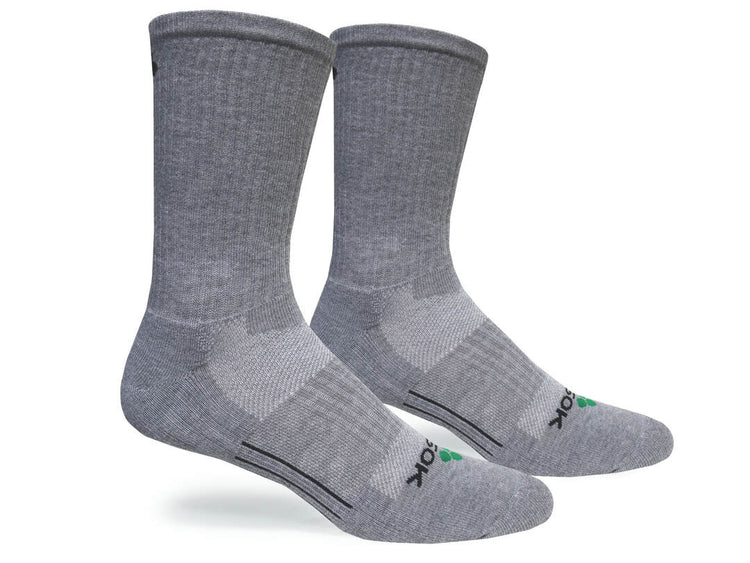
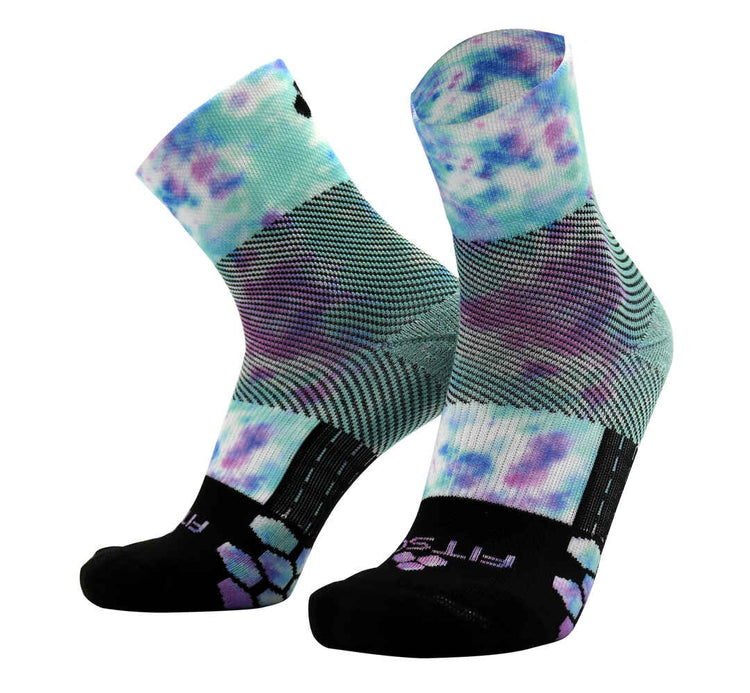
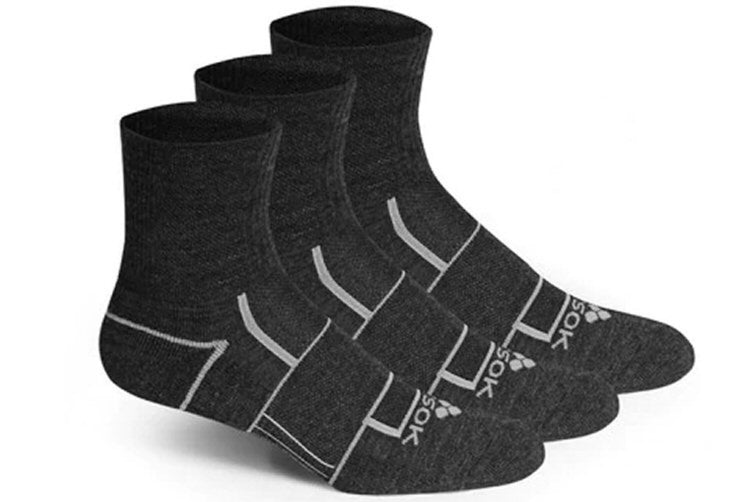

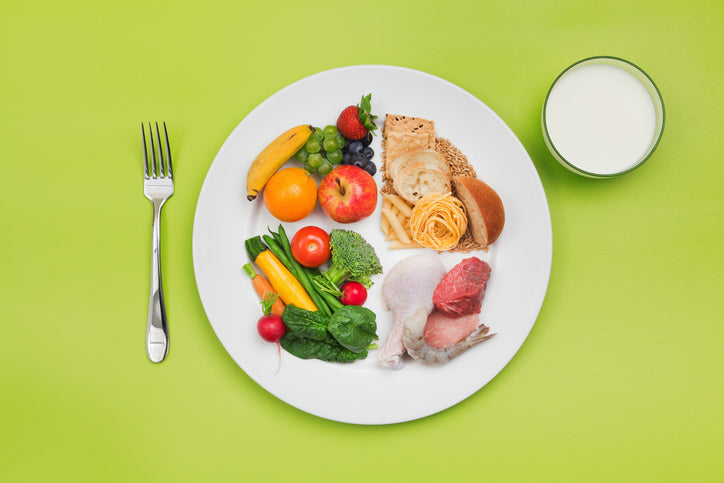
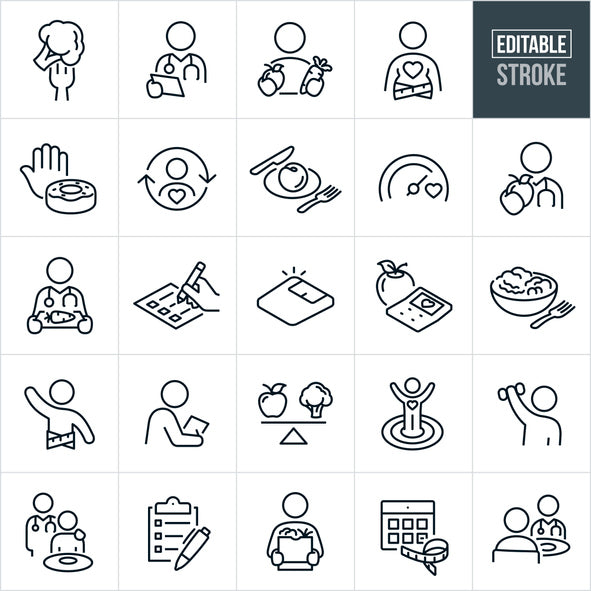

Leave a comment
This site is protected by hCaptcha and the hCaptcha Privacy Policy and Terms of Service apply.